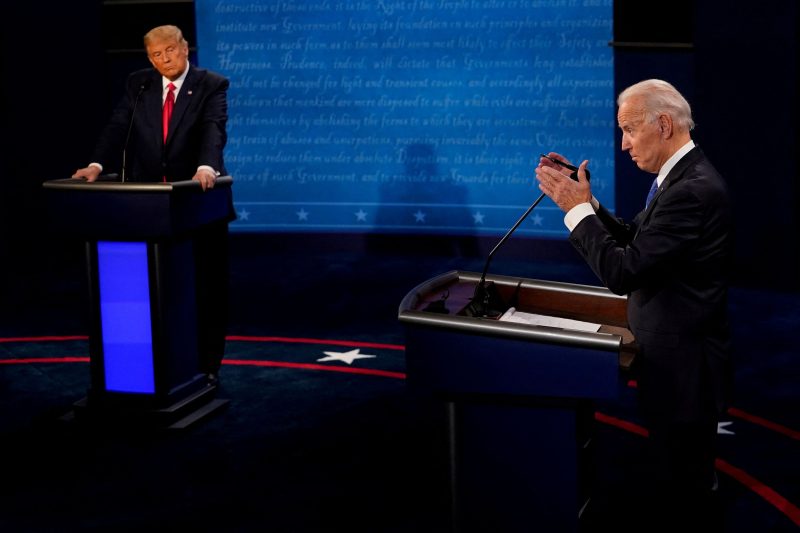Content:
The Impact of Debates on Voter Sentiment
Political debates, a hallmark of democratic societies, have always been significant platforms where ideas converge, diverge, and policies are laid out in their barest forms. These debates offer candidates an opportunity to articulate their stance on key matters, and potentially, to alter the trajectory of voter sentiment. Do these debates carry enough weight to influence voter alignment, and precipitate a shift in voter sentiment? Let’s explore this intriguing subject.
The Function and Influence of Political Debates
Debates, as manifested in an open and publicized discourse between political contestants, have traditionally been stylized renditions of divergent narratives. They are an opportunity for candidates to pitch their ideas and plans directly to voters. Moreover, political debates are a platform for candidates to highlight their strengths and exploit their opponents’ weaknesses. They offer an insight into the personas of the contestants – their competency, relatability, communicative effectiveness, and quick-thinking capabilities.
Also, these live debates often contribute to decorated newspaper headlines, influence public discourse, and spark discussions on social media platforms—making their influence omnipresent in voters’ lives. Thus, we can’t deny the potential of debates in shaping public sentiment, primarily because they permeate various influential domains.
The Historical Impact of Debates on Voter Sentiment
History is replete with instances where debates changed the course of electoral outcomes. Notably, the first ever televised presidential debate between Richard Nixon and John F. Kennedy in 1960, where Kennedy’s charisma and calm personality contrasted sharply with Nixon’s uneasy appearance, leading to a swing in Kennedy’s favor. Then there was the famous 1980 debate where, with a single question, Are you better off now than you were four years ago? Ronald Reagan managed to cut Carter’s narrative down to size and swayed the voters towards his path.
However, it is essential to note that influencing voter sentiment is not a given. The impact depends on several factors such as the timing of the debate, the issues debated, the demeanour of the candidates, and the prevailing political climate.
Debates in the Digital Sphere
The advent of technology and the proliferation of social media platforms have introduced another layer of complexity to the discussion. There are debates, and then there are post-debates, fueled by panels, experts, fact-checkers, and the general public. These online debates sometimes echo or amplify the sentiments expressed during the actual debates.
Moreover, in this era of information overflow, the dynamics between the debates and their subsequent dialogues have become increasingly symbiotic. The digital realm magnifies the reach and life of these debates. In the process, they continue exerting their influence long after the candidates finish their closing statements. Hence, it’s safe to say that in the digital age, debates have a more amplified and protracted influence on voter sentiment.
The Subjectivity Factor
Despite this, it’s crucially essential to recognize that voter sentiment doesn’t reside in a vacuum. It’s a complex interplay of inherent political leanings, personal experiences, the socio-economic climate, cultural backgrounds, peer influence, and media narratives. Some voters may approach the debates with already solidified political affiliations, and for them, the debates may merely serve as echo chambers.
On the other hand, undecided voters or individuals with malleable political leanings might get swayed. For these individuals, debates can act as catalysts, helping them form stronger political preferences and, ultimately, determine where their vote will land.
Final Thoughts
So, can a debate change the trajectory of voter sentiment? The answer is both complex and situational. Political debates have the potency to act as game-changers. However, their impact is dictated by a myriad array of factors, ranging from the candidates’ performance, timing of the debates, prevailing public sentiment, to the intensity of online chatter. Regardless of their direct impact on election outcomes, they undeniably contribute to the democratic process— allowing voters to hear directly from candidates and make more informed decisions.











